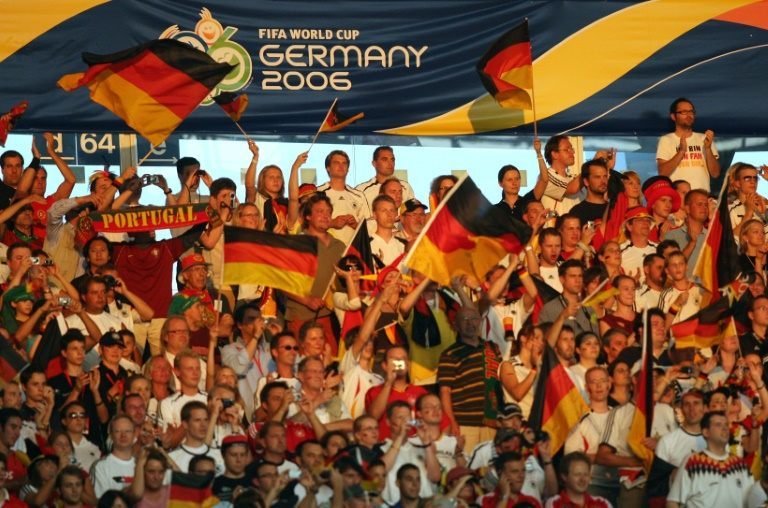...of advanced space tech;
Russia will cooperate with China on space projects, but will not transfer sensitive technologies that could enable Beijing to become a rival in a future space race, the head of Russia's space agency said Tuesday.
Anatoly Perminov, chief of Russia's Federal Space Agency, said Moscow and Beijing would cooperate in robotic missions to the moon. He added, however, that Russia would maintain restrictions on sharing technology.
Russia sold China the technology that formed the basis of its manned space program, which launched its first astronaut in 2003 and two others in 2005. The Chinese Shenzhou spacecraft closely resembles the Russian Soyuz.
"The Chinese are still some 30 years behind us, but their space program has been developing very fast," Perminov said at a news conference. "They are quickly catching up with us."
The next Chinese manned space flight is due next year. China also wants to send up a space station and land a robot probe on the moon by 2010.
Perminov said that Russia would cooperate with China in space exploration strictly within the framework of a bilateral agreement that doesn't envisage exporting Russian space technologies.
"We aren't transferring any technologies to China now," Perminov said. "This issue has been under special control of the government."
>
After decades of rivalry, Moscow and Beijing have developed what they call a strategic partnership since the 1991 Soviet collapse, pledging their adherence to a "multipolar world," a term that refers to their opposition to the perceived U.S. domination. China also has become a top customer for Russia's weapons industries, purchasing billions of dollars worth of jets, missiles, submarines and destroyers.
But despite the burgeoning bilateral ties, some Russian politicians and political experts have voiced concern that China's growing could eventually threaten Russia and pointed at a growing flow of Chinese migrants to Russia's sparsely-populated Far East.
>
Anatoly Perminov, chief of Russia's Federal Space Agency, said Moscow and Beijing would cooperate in robotic missions to the moon. He added, however, that Russia would maintain restrictions on sharing technology.
Russia sold China the technology that formed the basis of its manned space program, which launched its first astronaut in 2003 and two others in 2005. The Chinese Shenzhou spacecraft closely resembles the Russian Soyuz.
"The Chinese are still some 30 years behind us, but their space program has been developing very fast," Perminov said at a news conference. "They are quickly catching up with us."
The next Chinese manned space flight is due next year. China also wants to send up a space station and land a robot probe on the moon by 2010.
Perminov said that Russia would cooperate with China in space exploration strictly within the framework of a bilateral agreement that doesn't envisage exporting Russian space technologies.
"We aren't transferring any technologies to China now," Perminov said. "This issue has been under special control of the government."
>
After decades of rivalry, Moscow and Beijing have developed what they call a strategic partnership since the 1991 Soviet collapse, pledging their adherence to a "multipolar world," a term that refers to their opposition to the perceived U.S. domination. China also has become a top customer for Russia's weapons industries, purchasing billions of dollars worth of jets, missiles, submarines and destroyers.
But despite the burgeoning bilateral ties, some Russian politicians and political experts have voiced concern that China's growing could eventually threaten Russia and pointed at a growing flow of Chinese migrants to Russia's sparsely-populated Far East.
>

